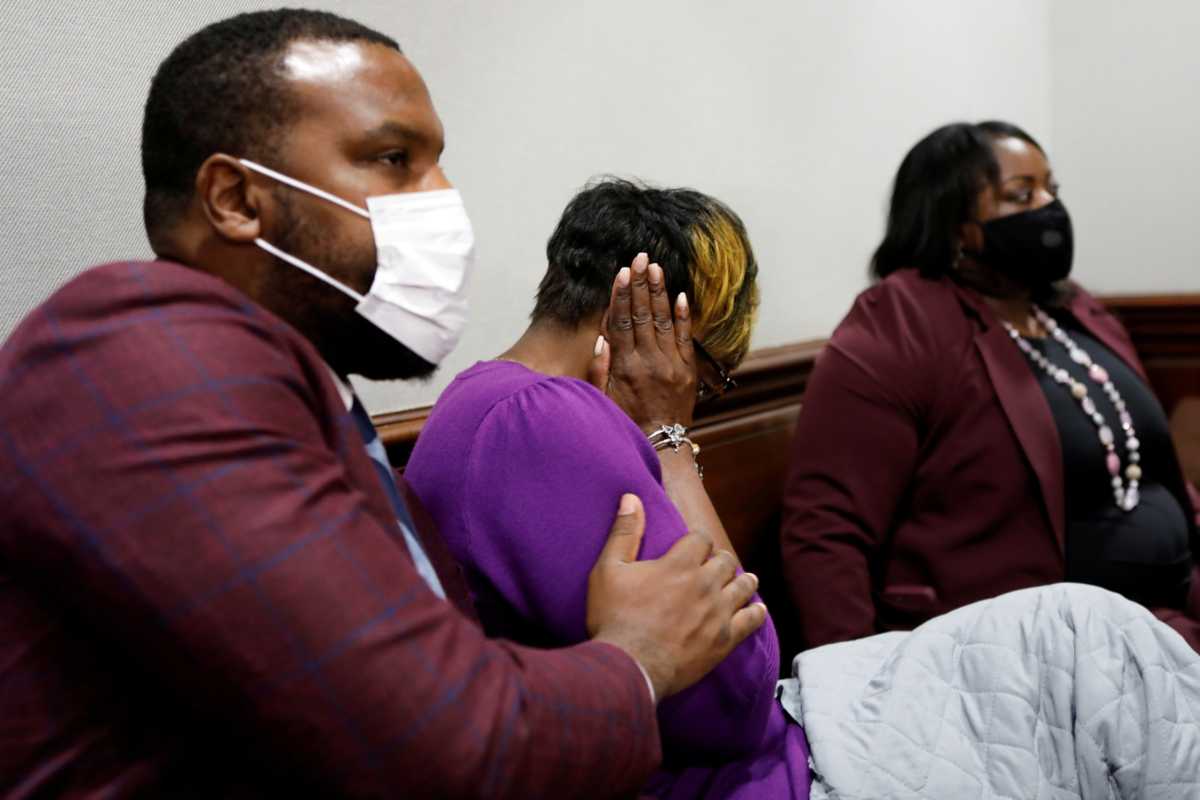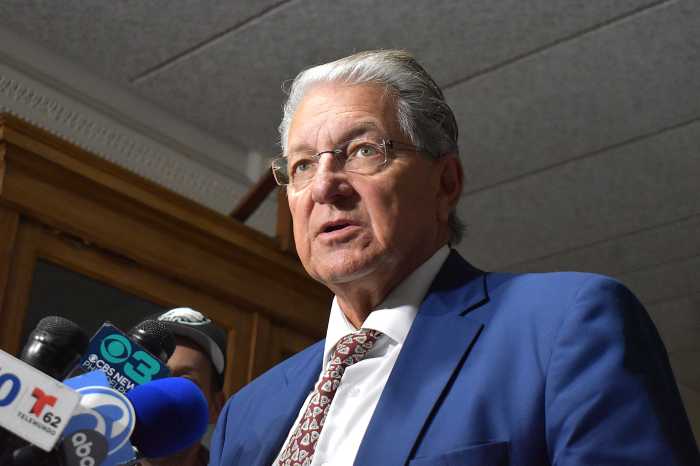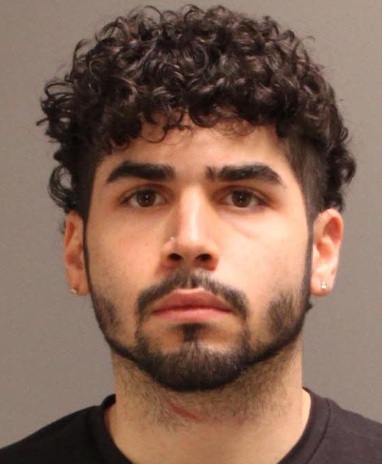By Rich McKay and Jonathan Allen
BRUNSWICK, Ga. – A Georgia jury began deliberating on Tuesday on whether three white men are guilty of murder for chasing and shooting a Black man named Ahmaud Arbery who ran through their mostly white neighborhood last year after the prosecution made a final pitch for conviction and chided a defense bid to “malign the victim.”
After being sworn in more than two weeks ago, the 12-member jury heard from more than two dozen witnesses. These included Travis McMichael, the only defendant to take the witness stand, who said he fired his shotgun into Arbery in self defense.
McMichael, 35, his father Gregory McMichael, 65, and their neighbor William “Roddie” Bryan, 52, have pleaded not guilty to charges including murder, aggravated assault and false imprisonment for the killing in the coastal suburb of Satilla Shores on Feb. 23, 2020.
Superior Court Judge Timothy Walmsley instructed the jury of 11 white men and women and one Black man in the law governing the case after lead prosecutor Linda Dunikoski delivered a final two-hour rebuttal to defense lawyers’ closing arguments. The jurors worked through lunch as they deliberated.
Dunikoski asked the jurors to find the defendants guilty of all the charges and argued that the defense was seeking to blame the 25-year-old Arbery for his own death.
“Standard stuff: malign the victim, it’s the victim’s fault,” Dunikoski told the jury. “I know you’re not going to buy into that. It’s offensive.”
The defense had argued fiercely over how the judge would explain the citizen’s-arrest law at the heart of the defense. They objected on Tuesday to what they said was an incorrect explanation of the law by the prosecution.
Walmsley told jurors that someone can make a citizen’s arrest of a person only if a crime has occurred “in his presence or within his immediate knowledge.”
The judge said such a warrantless arrest must occur “immediately after the perpetration of the offense or, in the case of felonies, during escape.” If the person fails to make the arrest immediately after the crime is committed or during the escape if the crime is a felony, then “his power to do is extinguished,” Walmsley said.
The defense has argued that the defendants had a right and a neighborly obligation to jump in their pickup trucks and chase Arbery to detain him under the law because they had reason to believe he may have been connected to previous property crimes that had left the neighborhood on edge.
The law was repealed after Bryan’s cellphone video of the shooting caused outrage. No evidence ever emerged that Arbery ever stole anything on his frequent runs through Satilla Shores, leafy cluster of homes outside the small coastal city of Brunswick. He was killed with nothing on him besides his jogging clothes and sneakers.
Dunikoski said the men simply did not have the reasonable suspicion of a crime necessary to detain Arbery, and that Arbery had a constitutional right to not answer any of the questions the men shouted from their trucks.
“You can’t hold somebody so the police can show up, and go ‘Well he must have done something,'” Dunikoski said.
Dunikoski read from Gregory McMichael’s interviews with police in which he said he had no idea what Arbery had been doing before running past the McMichaels’ driveway.
Outside the courthouse, Arbery’s parents said they expect jurors to convict the defendants.
“God has brought us this far and he’s not going to fail us now,” his mother Wanda Cooper-Jones told reporters. “We will get justice for Ahmaud.”
The trial has underscored divisions among Americans over guns, shown in stark relief after a jury’s acquittal in a separate case last week of a teenager who fatally shot two men during 2020 racial-justice protests in Wisconsin. In both trials, defendants claimed self-defense in fatal shootings.




























